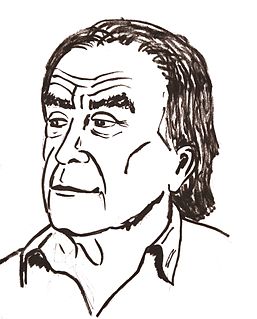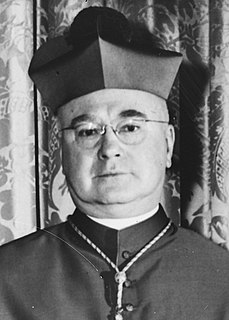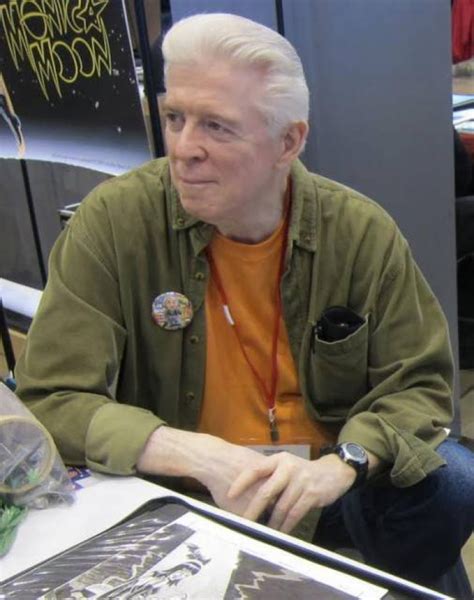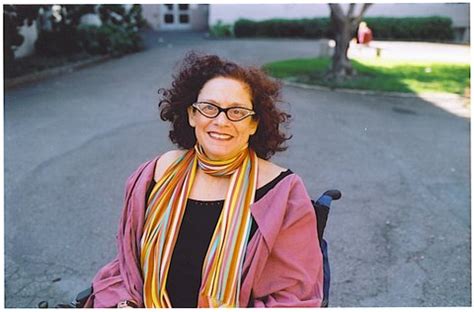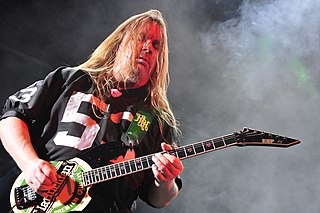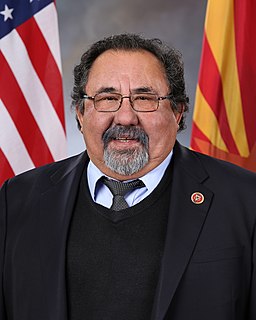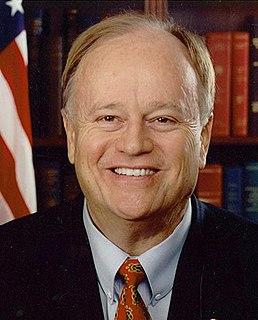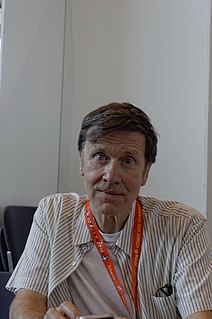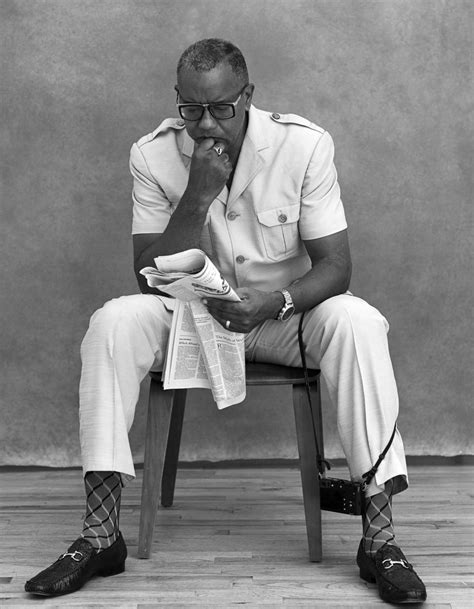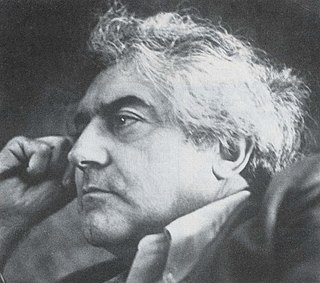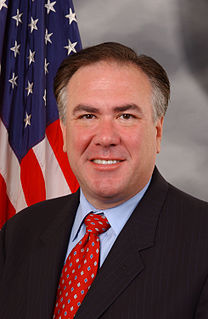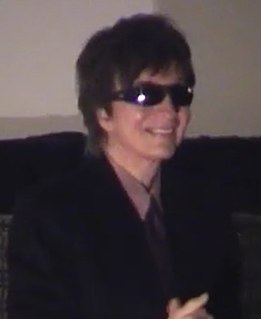Top 1200 Vietnam War Quotes & Sayings
Explore popular Vietnam War quotes.
Last updated on September 17, 2024.
We understand that Nixon's aggression against Vietnam is a racist aggression, that the American war in Vietnam is a racist war, a white man's war...We deplore that you are being used as cannon fodder for U.S. imperialism. We've seen photographs of American bombs and antipersonnel weapons being dropped, wantonly, accidentally perhaps, on your heads, on the heads of your comrades.
I think that the war on drugs is domestic Vietnam. And didn't we learn from Vietnam that, at a certain point in the war, we should stop and rethink our strategy, ask ``Why are we here, what are we doing, what's succeeded, what's failed?'' And we ought to do that with the domestic Vietnam, which is the war on drugs.
Of course, you have politics, the Vietnam war and all that monkey business. There are all kinds of reasons. At every one of those demonstrations in the late Sixties about the Vietnam war, you could guarantee there'd be a series of speeches. The ostensible purpose was to protest the war. But then somebody came up and gave a black power speech, usually Black Muslims, then. And then you'd have a women's rights speech. It was terrible to listen to these things.
Truman fired the popular Gen. Douglas MacArthur because he disobeyed orders in the Korean War. Johnson knew that he had reached the endgame in Vietnam when Gen. William Westmoreland, the top commander in Vietnam, requested 240,000 more troops in 1968 for the prolonged war that also could not be won.
The Philippines and the U.S. have had a strong relationship with each other for a very long time now. We have a shared history. We have shared values, democracy, freedom, and we have been in all the wars together in modern history, the World War, Second World War, Cold War, Vietnam, Korea, now the war on terrorism.
When I grew up, in Taiwan, the Korean War was seen as a good war, where America protected Asia. It was sort of an extension of World War II. And it was, of course, the peak of the Cold War. People in Taiwan were generally proAmerican. The Korean War made Japan. And then the Vietnam War made Taiwan. There is some truth to that.
In every major war we have fought in the 19th and 20th centuries. Americans have been asked to pay higher taxes - and nonessential programs have been cut - to support the military effort. Yet during this Iraq war, taxes have been lowered and domestic spending has climbed. In contrast to World War I, World War II, the Korean War and Vietnam, for most Americans this conflict has entailed no economic sacrifice. The only people really sacrificing for this war are the troops and their families.
Every book that comes out, every article that comes out, talks about how - while it may have been a "mistake" or an "unwise effort" - the United States was defending South Vietnam from North Vietnamese aggression. And they portray those who opposed the war as apologists for North Vietnam. That's standard to say. The purpose is obvious: to obscure the fact that the United States did attack South Vietnam and the major war was fought against South Vietnam.
With 450,000 U. S. troops now in Vietnam, it is time that Congress decided whether or not to declare a state of war exists with North Vietnam. Previous congressional resolutions of support provide only limited authority. Although Congress may decide that the previously approved resolution on Vietnam given President Johnson is sufficient, the issue of a declaration of war should at least be put before the Congress for decision.
The casualties in the Civil War amount to more than all other wars - all other American wars combined. More people died in that war than World War II, World War I, Vietnam, etc. And that was a war for white supremacy. It was a war to erect a state in which the basis of it was the enslavement of black people.
Most of us who were opposed to the war, especially in the early '60's - the war we were opposed to was the war on South Vietnam which destroyed South Vietnam's rural society. The South was devastated. But now anyone who opposed this atrocity is regarded as having defended North Vietnam. And that's part of the effort to present the war as if it were a war between South Vietnam and North Vietnam with the United States helping the South. Of course it's fabrication. But it's "official truth" now.

